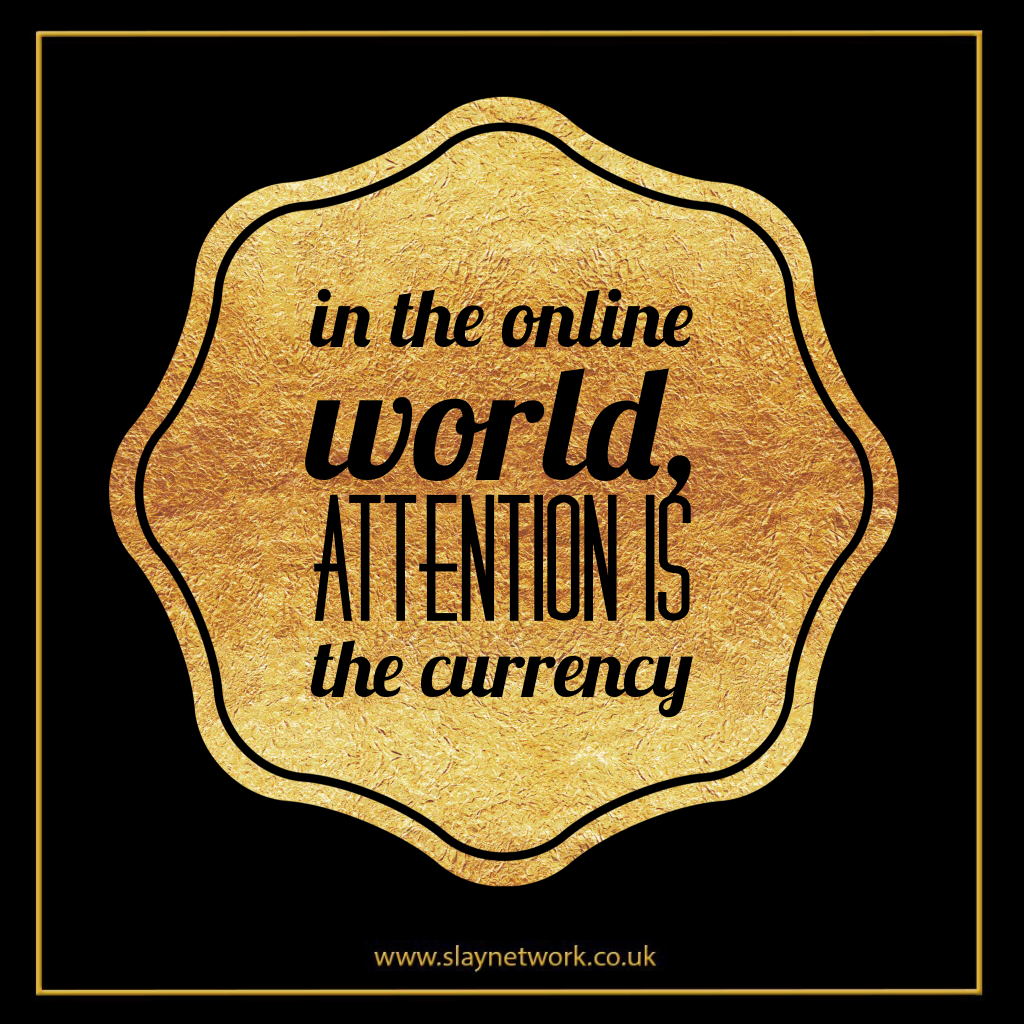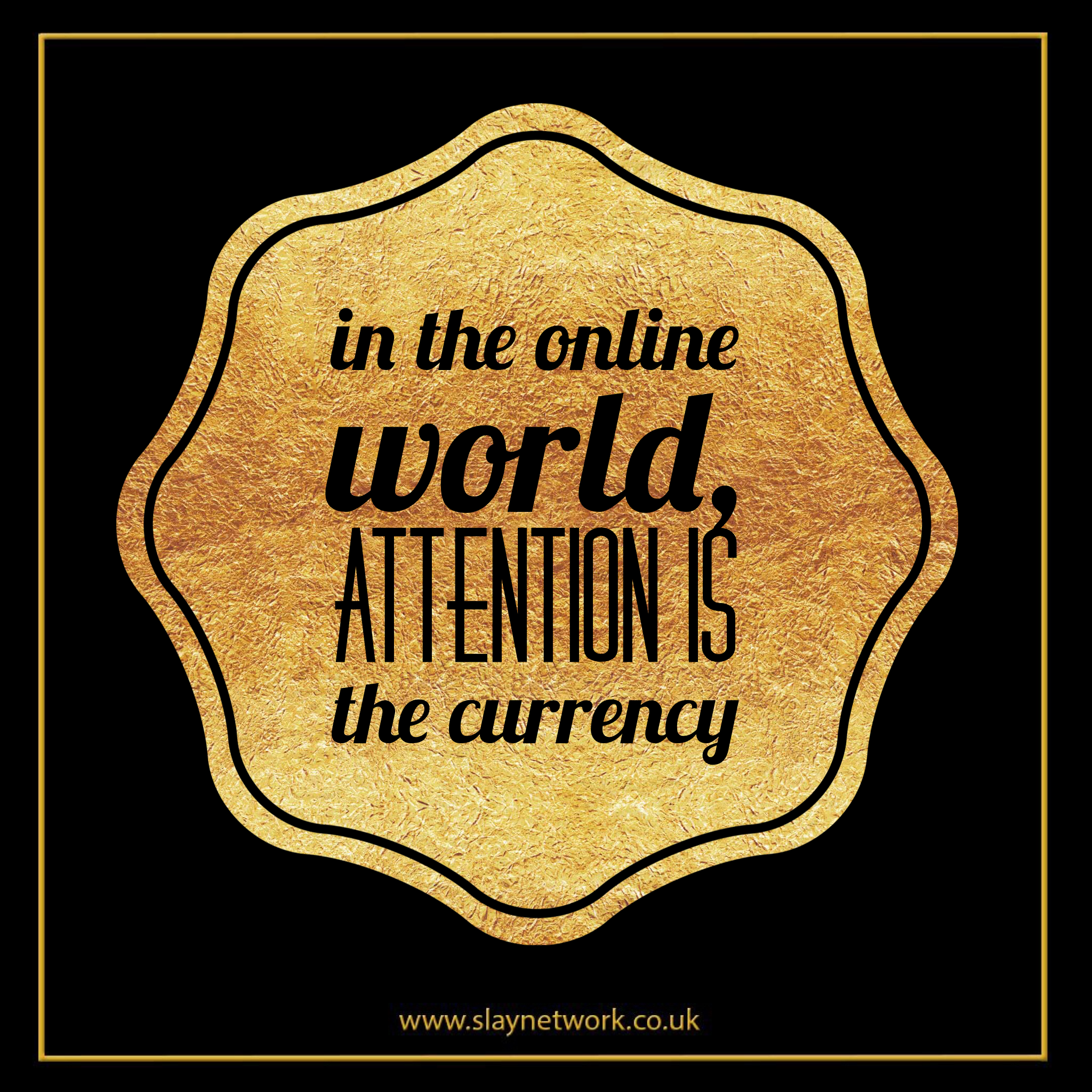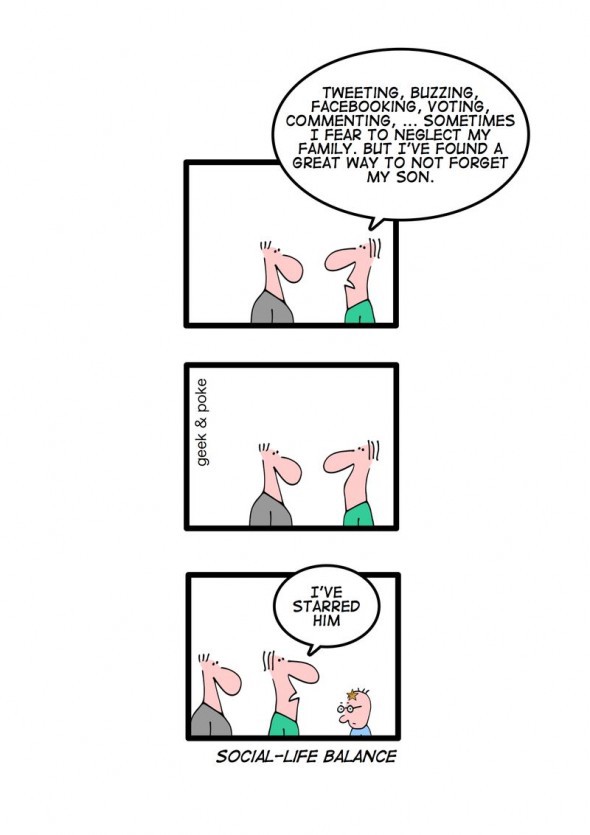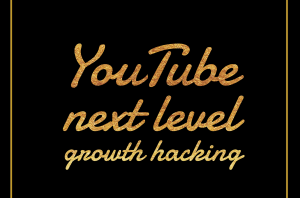
On January 27, 2018, The New York Times published a thorough reporton an incident involving fake followers on Twitter. However, what they failed to elucidate was the underlying reason behind this unrelenting hunger for online influence, a reason which involves one of the biggest and most important shifts in the status quo ever.
More on that later, let’s go through the minutiae first.
A company by the name of Devumi was identified as the primary antagonist in the report, which referred to it as “the follower factory”. And rightly so, because that is exactly what Devumi does.
Hiding behind the veil of a “unique social media marketing company”, Devumi sold hundreds of millions of fake followers to more than 200,000 customers, including reality television stars, a twitter board member, professional athletes, comedians, TED speakers, pastors, and models. It offers fake Twitter followers, YouTube views, plays on SoundCloud, and more — all in the name of “accelerating your social growth”.
Following the extensive report by NYT, New York State Attorney General Eric T. Schneiderman chimed in with a few stern words of his own.
There’s a whole fusillade of facts which will leave no doubts in the minds of anyone who was hoping that the claims against Devumi were wrong, but the narrative I want to bring light to is something different.
Generally speaking, the hunger for followers is increasing in intensity, and people continue to associate this increase with superficial reasons such as the need for validation, addiction to social media, getting ranked higher on social media platforms, etc. However, while these are all valid reasons, there is a much bigger, more significant cause lying underneath these superficial ones.
This base cause, quietly lying unnoticed in the dark, needs to be brought to light.
“Offline” vs “Real”
The difference between our “offline” and “real” lives is on the rise.
While it is common to mix up those two terms, there’s a clear demarcation. Our “real” lives, in the context of this narrative, are made up of series of events that occur throughout our day, whether online or offline. Whether walking our dog down a road or singing along with someone on the other side of the globe, in an R&B-themed chat room in VRChat.
The ever-growing influence of social media platforms like Facebook, Twitter, Instagram, etc. is resulting in these digital platforms taking up more and more space in our “real” lives. For example, back when we could just let loose and feel free to do whatever we wanted to on social media platforms without caring for them like a baby, our “real” lives were probably just 5–15% online.
And look at where we are now.
“We’re already a cyborg. You have a digital version of yourself, a partial version of yourself online in the form of your emails, your social media, and all the things that you do.” ~Elon Musk
People are tweeting about the most trivial details of their lives. They’re sharing pictures of their daily routines on Instagram. They’re making all their important announcements on Facebook. Thousands of them are “vlogging” for the best part of the day and sharing those videos on YouTube.
People are telling stories on social media now, and not just any stories. They’re sharing the stories of their lives. An increasing number of people “live” more online than they do offline. Remember Logan Paul, the social media superstar who recently posted a video showing a suicide victim? He’s busy vlogging for most of the day, and also spends a considerable amount of time on other videos which, once again, are uploaded on the internet. Add to that the amount of time he spends maintaining his other social media platforms, and you’ll see what I’m getting at.
The “online” section in the pie-chart showing the components of our real lives is quickly growing in size.
One can only predict that this growth will only be accelerated by advancements in technology, considering the direction in which it is moving. A good example would be the imminent advent of wide-spread applications of virtual reality tech. I won’t be surprised if, twenty years from now, it will be common for people to just sit in a room with their VR contact lenses on, working and playing in a virtual world.
Judging by the current trajectory, that is where we’re heading. Fast forward to 2050, and the tables have turned. Our lives are predominantly online, and where what we do offline is just about as irrelevant as our online lives back in 2010.
And this shift is the quiet, underlying reason behind all this often mindless hunger for online influence.
Here are a few examples which further prove this transformation’s existence:
Financing and Kreditech
It has long been the norm for creditors to extensively research the history of their customers. Taking into account the growing portion of people’s lives being spent online, it would only make sense to gradually shift towards going through the digital lives of people before assigning a credit rating to them.
In fact, a German company by the name of Kreditech is already pursuing this course of action, and I wouldn’t bet against more companies of the same type popping up in the near future.
This idea, and the company executing on it, further prove that the switch to a more digital and less physical life has already begun.
Applicants with audiences
Imagine that you’re in the HR department of a hugely reputable company, and you’re looking to infuse some fresh and talented blood into your workforce. Being a rational and responsible employee, you’d look to hire a person you can trust with the work assigned. Let’s say you need a fresh recruit to paint roses on walls.
Here’s what the first applicant says: “I’ve studied all about painting excellent roses from so-and-so university.”
The second applicant has something else to say: “I have an Instagram account with over five million followers on which I post innovative and beautiful rose paintings daily. I also have a YouTube channel showing me painting roses, and I have over a million subscribers there, too. You can also check out my portfolio on my website, which thousands of people visit every day to keep up with my rose blog.”
The choice is obvious. By leveraging one’s online presence, one can now add a lot of trustworthiness to resumes. This value of one’s online audience in a job application has been rising rapidly with time, and is clear evidence of the growing value of our online lives.
Word of online mouths
The impact that online influencers are having on the digital marketing landscape is undeniably huge.
With billions of people worldwide paying more and more attention to content on social media platforms, marketers are rushing to exploit these attention-hogging websites and apps.
Countless personalities have amassed significantly loyal followings, and have been very successful in being able to capitalize on their online fame by scoring ludicrous deals with companies wanting to get their message across effectively. Take for example the Kardashians, who can earn up to $500,000 for a single Instagram post.
The upkeep of the online presence of influencers has, thus, become a crucial cog in their influencer money engine, and they do the maintenance work religiously. This growth in the importance of influencer marketing illustrates further the shift towards the “more online, less offline” life I previously mentioned.
Conclusion
With the growing significance of the role that the digital presence plays in our real lives, the benefits of having a big following keep on rising. Consequently, the hunt for followers is getting fiercer, with people resorting to companies selling fake bots to create an impression of a strong and valuable influence.
However, it has become too common to write this hunger off with reasons like “better brand deals” or “ego boosts”, when the underlying reason is something much, much bigger: the shift to a more online, less offline life.
That kind of life is, I would argue, imminent. And in the online world, attention is the currency. More attention means more power in this new world, and its benefits go way beyond just feeding your ego or getting you a Lamborghini for posting a picture. While many wouldn’t like what I say next, but this yearning for followers seems justified when the future is taken into account.
The land-grab for followers and their attention is on. Are you buckled up yet?
Want to boost your online presence? Click here








